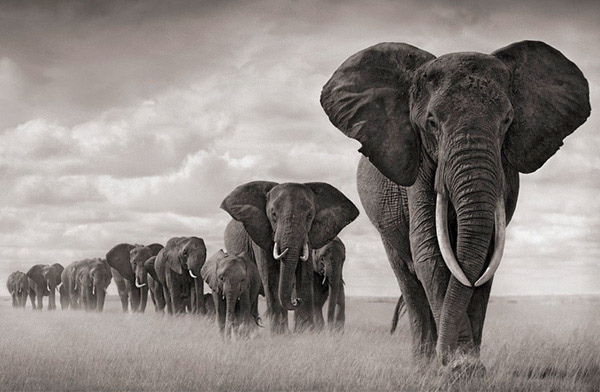
Falling in Love
With Hominids
Nalo Hopkinson
(Tachyon)

In "Message in a Bottle," a pre-pubescent girl, Kamla, has been sent back from the future, we discover, to be born here, to study life here. Her specialty is speciesism. Doctors say that she has DGS --- Delayed Growth Syndrome --- which seems to be popping up suddenly everywhere, a strange new condition that suddenly appears in our children. She looks like a child, but thinks and speaks like an adult, and a scientist.It is hard for her because her schoolmates find her so brainy (she has a huge wobbly head, too) --- they don't want to be with her. But she has been sent back from there and although the parents who adopted her insist that she's ten, she explains to the artist Greg that "I'm twenty-three, though my body won't start producing adult sex hormones for another fifty years. I won't attain my full growth til I'm in my early hundreds." But, she says, with confidence, "I'm your future."
In "The Smile on the Face," Gilla has a cherry tree in her front yard that talks to her. When she goes to a party at Patricia's house, one of the boys there tries to trap her in the closet for some nefarious activity. But she has learned from her tree, so as she falls to the floor, she finds her body changing.
She wasn't surprised to feel her limbs flesh themselves into four knotted appendages, backwards crooked and strong as wood. She sprouted claws too.
Roger, the would-be seducer says, "Gilla, what the hell? Is that you?"
At the nape of her neck, her hamadryad hood flared open. She exhaled a hot wind. Her breath smelled like cherry pie, which made her giggle ... The giggles erupted as small gouts of flame. One of them lit the hem of Roger's sweater. "Please don't" he yelled, beating out the fire with his hands. "God, Gilla; stop!"
§ § § Then there are the mall ghosts in "Old Habits." They are just that: people who've died in the shopping mall through various mishaps. One "did in" by a security guard. Another "choked in a piece of steak in the Surf 'N Turf restaurant." Kitty fell in the public restroom, banged her head, died of concussion. Another was on the escalator, got his tie caught it in the mesh, was dragged and strangled by the machinery.
None of them can smell or taste or touch or feel. They know each other, try to stay away from the black space outside the glass doors, where, they think, if they go, they will never return. These eighteen stories share strange twists like this, taking the reader places strange, often silly.
Sometimes Ms. Hopkins gets carried away, and the story doesn't really come together. In "Left Foot, Right" the image of shoes and feet and feet turned backwards and deformed and muddy and distorted gets stretched out too far, never really jells. On the other hand, in "Herbal," an elephant comes to visit Jenny in her 15th floor apartment where, by bulk alone, he eats her potted plant, breaks glasses and dishes, wrecks her television. All Jenny wants to do is to touch him, massage him with a pomade to take care of his dry cracked skin. She reaches out to touch it, but the elephant pushes her away.
After the creature takes a dump on her carpet, she "slaps the elephant, hard, on its large, round rump. . . . The vast animal trumpeted, and, leading with its shoulder, took two running steps through the rest of her living room."
It stuck briefly to the open doorway on the other side. Then more plaster crumbled, and it popped out onto her brief balcony. With an astonishing agility, the pachyderm clambered out over the cement wall of the balcony . . . flung itself over the low wall.
"The elephant hovered in the air, and paddled until it was facing her. It looked at her a moment, executed a slow backwards flip with a half turn, then trundled off, wading comfortably through the æther as though it swam in water."
In four pages, Ms. Hopkinson enchants us as the elephant has enchanted Jenny. In her later research, she learns that "it must have been an Indian elephant; an African one would have never fit through her doorway." And at the end, months later, we see her, leaning against the balcony railing "for an hour or so, lotion in hand, hopefully scanning the darkening sky."